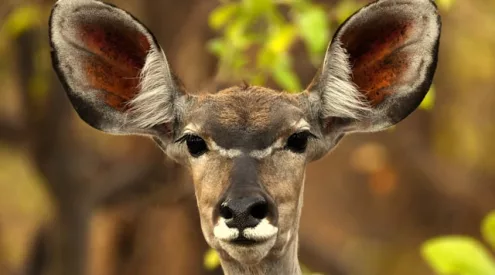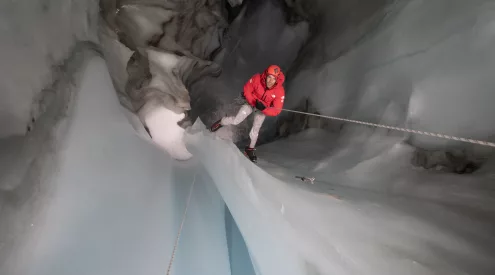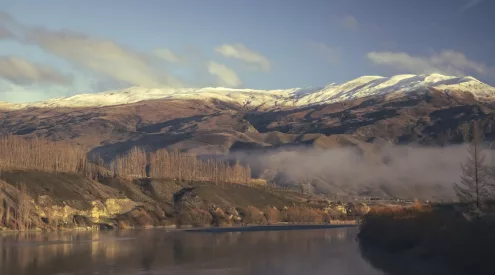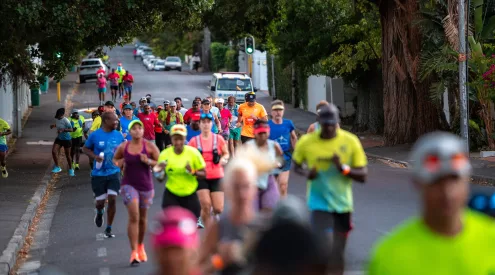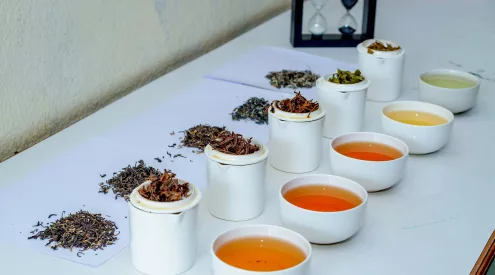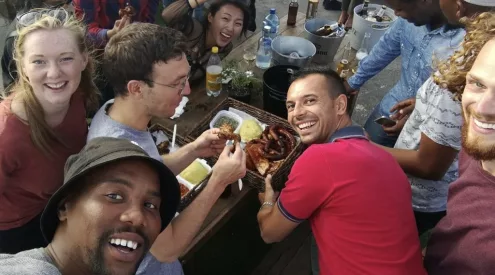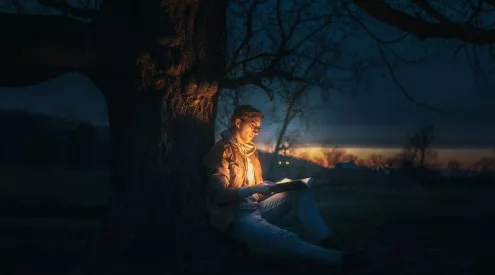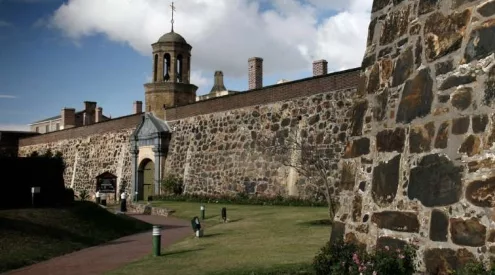I remember sitting in the company of an old gentleman of the veld. The view from his veranda was one of those impossibly beautiful vistas that one never forgets. His house was perched high on the Drakensberg escarpment overlooking the sub-tropical expanses of lowveld savanna far below. I lived somewhere down there in that wild and dusty space and I was visiting a mentor and friend, seeking catharsis for my aching mind and heart.
The reserve area where I lived and worked was in the grip of a most debilitating drought, my first as a ranger living in the bushveld. Anthrax had also reared its blood ravenous head and was spreading like a runaway fire, consuming the lives of buffalo and kudu in its stinking wake. Everywhere was death. The once evocative slice of paradise that I called home was reduced to a reeking charnel house that was devouring my soul. I tried praying for rain, but the mission educated Shangaans I worked with disapproved. They told me that my God had left this place. Perhaps they were right.

I asked my old mentor if he had witnessed anything like the devastation I was speaking of. He looked at me and smiled. His face wrinkled as if he was squinting into the sun across some long forgotten landscape. His were the eyes of a pioneer who had seen great suffering mingled with astounding grandeur, and a thousand African sunsets had warmed that leathery visage. He told me about the tribal belief that African soil was red because of all the blood spilt on this continent over the millennia. He spoke while looking at me in a bemused fashion and ended by saying “This is a harsh land my boy, don’t fret, it’ll be alright.”
The drought broke later that year, in November. I remember standing in the rain, soaked to the bone by this first tropical deluge. I remember looking at my tracker and friend, Frans Ngobeni. He was grinning as only an Nguni man can. We laughed that day and I think we cried a little too. Around us, nature rejoiced and blossomed and became fat and fertile once more. The soil darkened and the scent of it meandering through the moist air was rich and alive. Frogs and fish appeared in pans brimming with rainwater. Where had they come from? I asked Frans. “Nkosan”, he said, ”they were there all along, waiting patiently in the earth for this water from the heavens.” The night sounds were deafening as amphibian, avian and arthropod philharmonics all attempted to out do one another. Life in all its wonderful glory had returned to our part of Africa. I was awestruck by how resilient this continent is. One minute, a dry and cracked, dusty and dishevelled waif, forlorn and parched, and the next, a fertile and nubile mother, green with an almost audible flow of sap and pheromones and nectar. Paul Simon sang words that resound with me still. “This is the age of miracles and wonders, don’t cry baby, don’t cry.”
I have pondered this African predilection for rebirth in the days between then and now and I have witnessed death and suffering and victorious renewal in many of her wild places. I watched my daughter, Angie, at age seven, put a bowl of water and a bundle of grass under the nose of a dying waterbuck in our back garden in Botswana. Angie had begged me to help this starving animal and I told her that there was nothing I could do, that the animals were dying because that was nature’s way. I had cautioned my daughter to stay away from the antelope and to let it die in peace for it was beyond saving. She had taken sustenance to it in defiance of my wishes and I watched her do it and something broke inside me that day. I found a quiet place in the bush that afternoon and I wept for the animals and their empty bellies and an ecosystem that was surely broken and finished. I could smell the decay in the air from a thousand herbivores that had perished and were rotting in the heat. That drought too has since broken and the grass has risen and the earth is bountiful once more.
Is there a connection between a resilient Africa and her socio-politics? I think African people have been tempered in the fires of dictatorship, famine and genocide. They have been taught patience and tenacity in the face of hardship, sorrow and a decadent and insatiable first world economy. Africa is frowned upon and ridiculed by richer nations. She is treated with disdain like a poorer cousin. She is however resilient. Her ability to cast off the cloak of despair is displayed to the world every day. When more powerful nations have been consumed from within, Africa will rise, resplendent and new and take her place as the mother of us all.
Rain came early to the Limpopo valley this year. The dust shrouded mopane woodland of winter has been cleaned and is bedecked with new, emerald foliage. The game has a spring in its step and the animals’ coats are shiny and sleek. The air is fresh and vibrant and reverberates with the shrill monotony of a million cicadas. Life has risen, phoenix-like, from the ashes of another dry season.
Africa is rising. God has blessed her.
Don’t cry baby, don’t cry.


